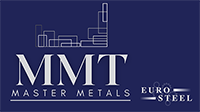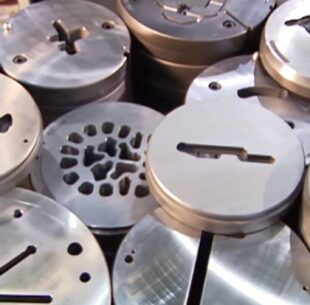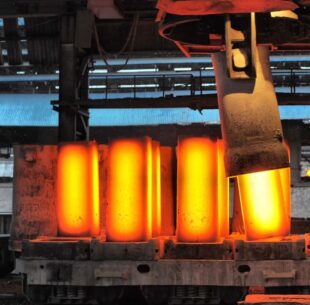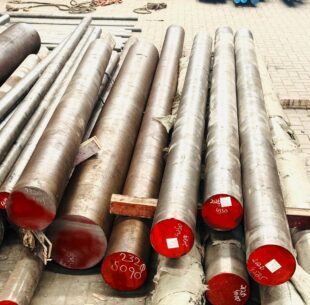24/7 Phone Services
Tool ( Die) Steel
Tool Die Steel
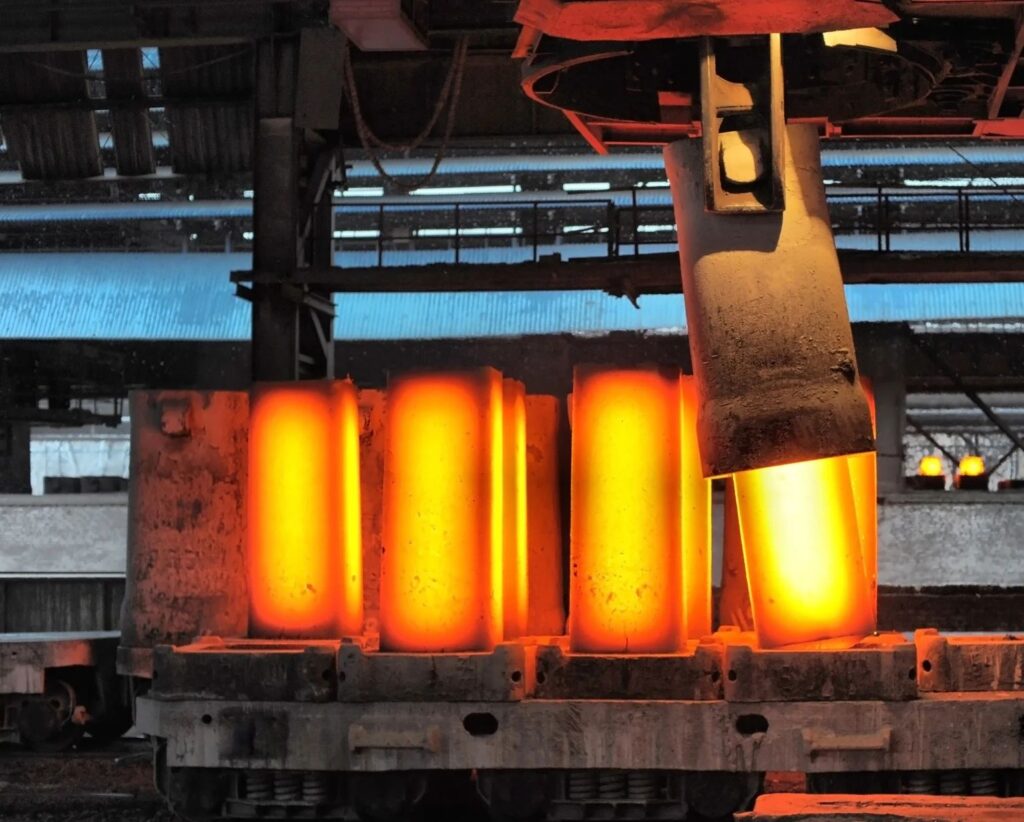
| Temperature [°C] | 400 | 500 | 550 | 600 | 650 |
|---|---|---|---|---|---|
| Hardness [HRC] | 56 | 58 | 54 | 50 | 48 |
H13 too steel comes in hot work category of Die/ Tool Steel. It is a versatile chromium molybdenum that is extensively used in hot work applications especially in die & molds.
The Hot strength of H13 resists thermal fatigue cracking which occurs as a result of frequent heating & cooling cycles of in hot work tooling applications.
Major applications includes hot forging dies, pressure die casting molds, hot extrusion dies for aluminum, brass and copper, die holders & backers.
H13/1.2344 Chemical Composition
| Chemical Contents | Carbon | test | Manganese | Molybdenum | Vanadium | Silicon |
|---|---|---|---|---|---|---|
| Percentage | 0.38-0.42 | 4.5-5.5 | 0.40-0.50 | 1.20-1.40 | 0.9-1.1 | 0.9-1.1 |
Hardening and Tempering
| Hardening °C | Quenching | Hardness after quenching HRC |
|---|---|---|
| 1030 - 1060 | Air, oil or salt bath, 500 - 550 °C | 55 |
Hardening and Tempering
| Temperature [°C] | 400 | 500 | 550 | 600 | 650 |
|---|---|---|---|---|---|
| Hardness [HRC] | 56 | 58 | 54 | 50 | 48 |
| Chemical Contents | Carbon | Chromium | Manganese | Molybdenum | Vanadium | ****** |
|---|---|---|---|---|---|---|
| Percentage | 1.45-1.60 | 11.0-13.0 | 0.4-0.5 | 0.75-0.90 | 0.70-0.9 |
Applications
Hardening and Tempering
| Temperature [°C] | 150 | 200 | 250 | 300 | 350 | 400 |
|---|---|---|---|---|---|---|
| Hardness [HRC] | 62-61 | 61-60 | 60-59 | 57-56 | 56-55 | 56-55 |
| Chemical Contents | Carbon | Chromium | Manganese | Silicon | Vanadium | Tungsten |
|---|---|---|---|---|---|---|
| Percentage | 2.05-2.15 | 11-13 | 0.4-0.5 | 0.3-0.5 |
Applications
Hardening and Tempering
| Temperature [°C] | 150 | 200 | 250 | 300 | 350 | 400 |
|---|---|---|---|---|---|---|
| Hardness [HRc] | 62-61 | 61-60 | 60-59 | 57-56 | 56-55 | 56-55 |
CONTACT INFO
MMT (Master Metals)
Location 1:- 53-D, Haji Park, Bundh Road, Lahore-Pakistan
Location 2:- Service Road, Ring Road, Near Sialkot-Lahore Motorway Bridge, Lakhodair, Lahore-Pakistan
Euro Steel
Location 1:- 53-D, Haji Park, Bundh Road, Lahore Pakistan
Location 2:- Service Road, Ring Road, Near Sialkot-Lahore Motorway Bridge, Lakhodair, Lahore-Pakistan
Altaf Zafar / Salman Altaf
+923008448470 +923314367768 +971566093063
info@mmturbo.com euro.steel642@hotmail.com altaf54@hotmail.com
WhatsApp us
